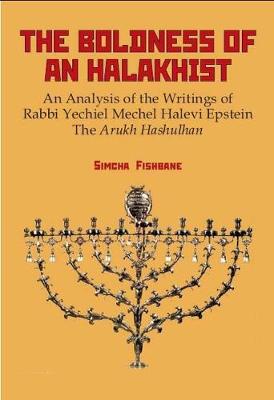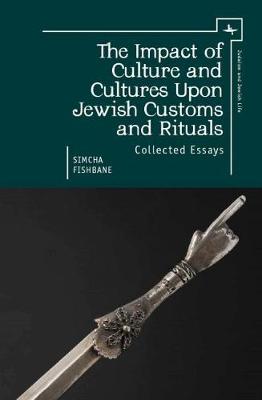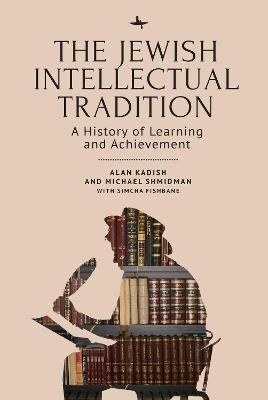Judaism and Jewish Life
5 total works
Jewish custom and ritual, or their Hebrew equivalent, minhag, has intrigued rabbis and scholars for generations. The majority of the rabbinical works devoted to minhag primarily encompass lists of sources and reporting of old and new customs. Some have explored the historical development of the minhag. Here, Simcha Fishbane treats minhag from a socio-anthropological perspective. The Shtiebelization of Modern Jewry discusses the theory and model of minhagim using the Mishnah Berurah and the Arukh Hashulkhan, analyzes rabbinic texts concerned with custom, and describes current rituals from a socio-anthropological viewpoint, enabling both scholars and general readers to come to a better understanding of minhagim in Jewish culture.
Analyses the writings of Rabbi Yechiel Mechel Halevi Epstein (1829-1908), author of the Arukh Hashulkhan, a bold and unusual approach to Jewish law. Based primarily on the original text of Rabbi Epstein's legal codes and homilies, this work covers topics such as women, modernity, customs, and secular studies. It analyses the rabbi's approach to Jewish law and Jewish life, designed to promote the spiritual welfare of Jews under the pressures of growing secularisation and Russification. Although based upon the principles of the traditional judicial process, the rabbi's rulings demonstrate a profound understanding of the contemporary social and historical reality facing the Jews of Russia at the turn of the century.
The Impact of Culture and Cultures Upon Jewish Customs and Rituals
by Simcha Fishbane
Published 15 February 2016
This book discusses the development of practices associated with customs and artifacts used in Jewish ceremonies when viewed from the vantage of anthropological studies. It can also function as a guide to practical halakhah. The author examines topics such as Torah Scrolls, ceremonial use of fire, Purim customs, the festival of Shavuot, magic and superstition.
This investigation, at times, compares some Jewish observances with the wider cultural observances or notions of the broader, gentile societies in which Jews were located when these customs originated. It is found that the time and location of a practice's origin is often critical to appreciating a shared context. In all cases the Jewish practice becomes reinterpreted within a specifically Jewish narrative and legal structure.
This investigation, at times, compares some Jewish observances with the wider cultural observances or notions of the broader, gentile societies in which Jews were located when these customs originated. It is found that the time and location of a practice's origin is often critical to appreciating a shared context. In all cases the Jewish practice becomes reinterpreted within a specifically Jewish narrative and legal structure.
The Jewish Intellectual Tradition
by Alan Kadish, Michael A. Shmidman, and Simcha Fishbane
Published 19 January 2021
The Jewish intellectual tradition has a long and complex history that has resulted in significant and influential works of scholarship. In this book, the authors suggest that there is a series of common principles that can be extracted from the Jewish intellectual tradition that have broad, even life-changing, implications for individual and societal achievement. These principles include respect for tradition while encouraging independent, often disruptive thinking; a precise system of logical reasoning in pursuit of the truth; universal education continuing through adulthood; and living a purposeful life. The main objective of this book is to understand the historical development of these principles and to demonstrate how applying them judiciously can lead to greater intellectual productivity, a more fulfilling existence, and a more advanced society. The application of these principles to daily life can make a real and profound difference in education, productivity, and personal happiness.




